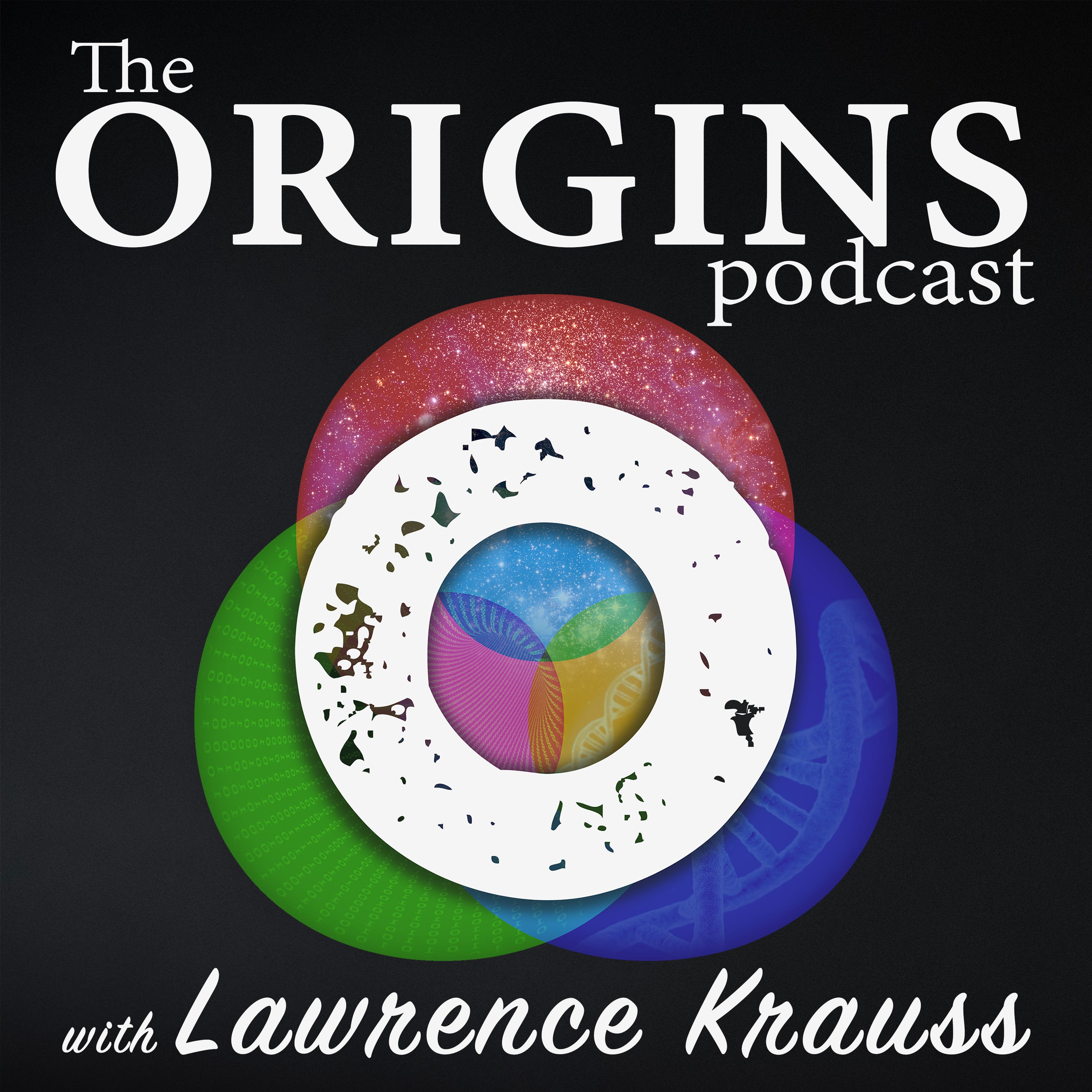Irwin Shapiro is a remarkable human being by almost any standard. Following his education in physics at Cornell and Harvard, he had a job at MIT’s Lincoln Laboratory working on various problems in planetary dynamics, and radar ranging, when he went to a lecture and realized that a completely new phenomenon could occur in General Relativity that no one had proposed in the half-century since Einstein first proposed it. For objects traveling near a massive object like the Sun, the travel time to go from one point to another would be slightly longer than it would be if one simply divided the distance traveled by the speed of light. One might think this is simply due to the fact that light takes a curved trajectory near a massive object, rather than traveling in a straight line. But as Shapiro showed, there is an additional time delay, due to the fact that clocks tick somewhat slower in a gravitational field than they would otherwise.
This effect, now known as the Shapiro Effect has become known as the 4th test of General Relativity, a test the theory passed when Shapiro and collaborators used the Haystack Observatory to carefully measure reception times for radar signal that passed near the sun.
Irwin went from that triumph to Chair the Department of Earth and Planetary Sciences at MIT, and from there to Harvard to lead the Harvard Smithsonian Observatory. He remains at Harvard, where at 94 years old, as Timkin University Professor, he still teachers classes, is doing research in biology, and plays tennis several times a week!
Besides all of this, Irwin is one of the most lovely and gentle scientists I have known in my career, which continued after my stint at Harvard largely because of encouragement he gave to me at a very difficult time for me. As a result, it was a pure delight to reconnect with him after many years, and have a conversation about his long career, the evolution of science in the 60 odd years that he has been doing it, and about life in general. I hope you enjoy it, and find it as intellectually and emotionally stimulating as I did.
As always, an ad-free video version of this podcast is also available to paid Critical Mass subscribers. Your subscriptions support the non-profit Origins Project Foundation, which produces the podcast. The audio version is available free on the Critical Mass site and on all podcast sites, and the video version will also be available on the Origins Project Youtube channel as well.
Get full access to Critical Mass at
lawrencekrauss.substack.com/subscribe


